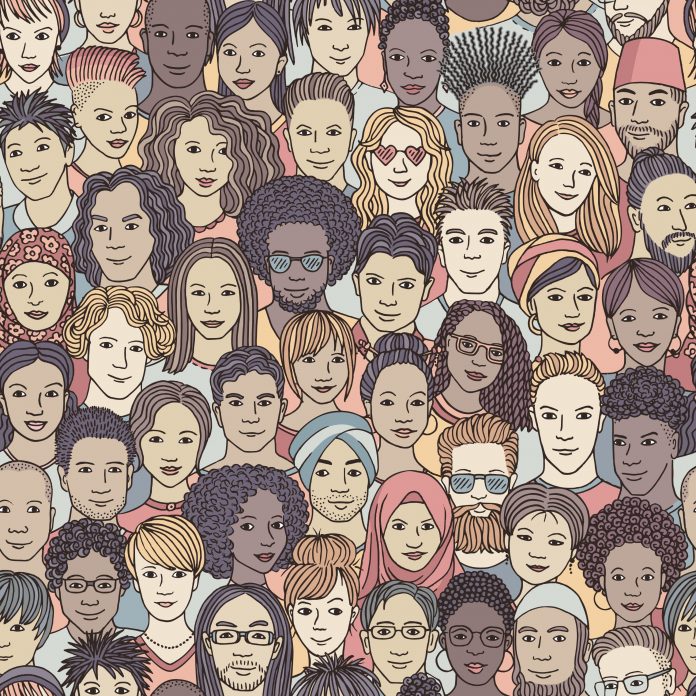
University of Maryland Medicine announced it has launched the My Healthy Maryland Precision Medicine Research, a statewide precision health study that anticipates enrolling 250,000 Maryland residents over the next ten years across the breadth of the state’s diverse population. The study will take a particular focus on underserved populations, which disproportionately suffer from poorer health outcomes.
University of Maryland Medicine is a joint enterprise of the University of Maryland School of Medicine (UNSOM), the University of Maryland Medical Center, and University of Maryland Medical System.
The population health initiative will seek to collect a wide swath of health data from study participants, including genetic data, that will help the researchers better understand human genomic variation, its relationship to disease, and how this information can be used to provide more precise treatments.
“My Healthy Maryland is a pioneering initiative that aims to advance discovery related to health and disease and to accelerate the implementation of these discoveries. medical mysteries, generate knowledge, and accelerate discoveries that can improve the health of Marylanders for generations to come,” said study principal investigator Stephen Davis, director, Institute for Clinical and Translational Research, and vice president of Clinical Translational Science at the University of Maryland, Baltimore.
The data collected over the course of the precision health study stands to be particularly valuable as a resource for providing precision medicine well beyond the border of Maryland, as the state’s population is more genetically diverse than the United States as a whole. Nearly one-third of Maryland residents identify as African-American, more than 10% Hispanic or Latino, and 6% as Asian. Maryland is also home to a large immigrant population with one in seven of the state’s residents born in another country. Further, a significant percentage of state residents live in rural communities, and many live in coastal communities with differing environmental exposures and dietary habits compared to the rest of the country.
For their participation, enrollees in the study will receive periodic reports on the progress of research within the program, along with opportunities to enroll in additional research programs. While it is not available initially, the program eventually hopes to also provide study participants with data about their own genetic make-up that may warrant additional medical evaluation.
“This is an opportunity for the diverse Maryland community to team up with researchers to better understand how our biology, lifestyle, and local environment affect our health,” said study co-leader Toni Pollin, associate professor of Medicine at UMSOM. “We also expect it will help us accelerate our understanding of how individuals and their health care providers can use information about genetic variation to predict, prevent, detect, and treat disease.”
To aid in the collection and analysis of data, the University of Maryland Medicine has partnered with digital health research company Vibrent Health to host the study on its Digital Health Research Platform. This platform was built for just such large scale health studies and will aid in the recruitment and engagement of diverse research participants to intake data from surveys, genomics, biosamples, electronic health records, wearables, and other sources.
“We are thrilled to be a partner with University of Maryland Medicine to bring the latest data-driven digital health research technology to My Healthy Maryland,” said Praduman “PJ” Jain, CEO and founder of Vibrent Health in a press release. “We are dedicated to working with research institutions like UMSOM to make digital health research accessible to people from diverse communities who have been historically underrepresented in biomedical research.”












